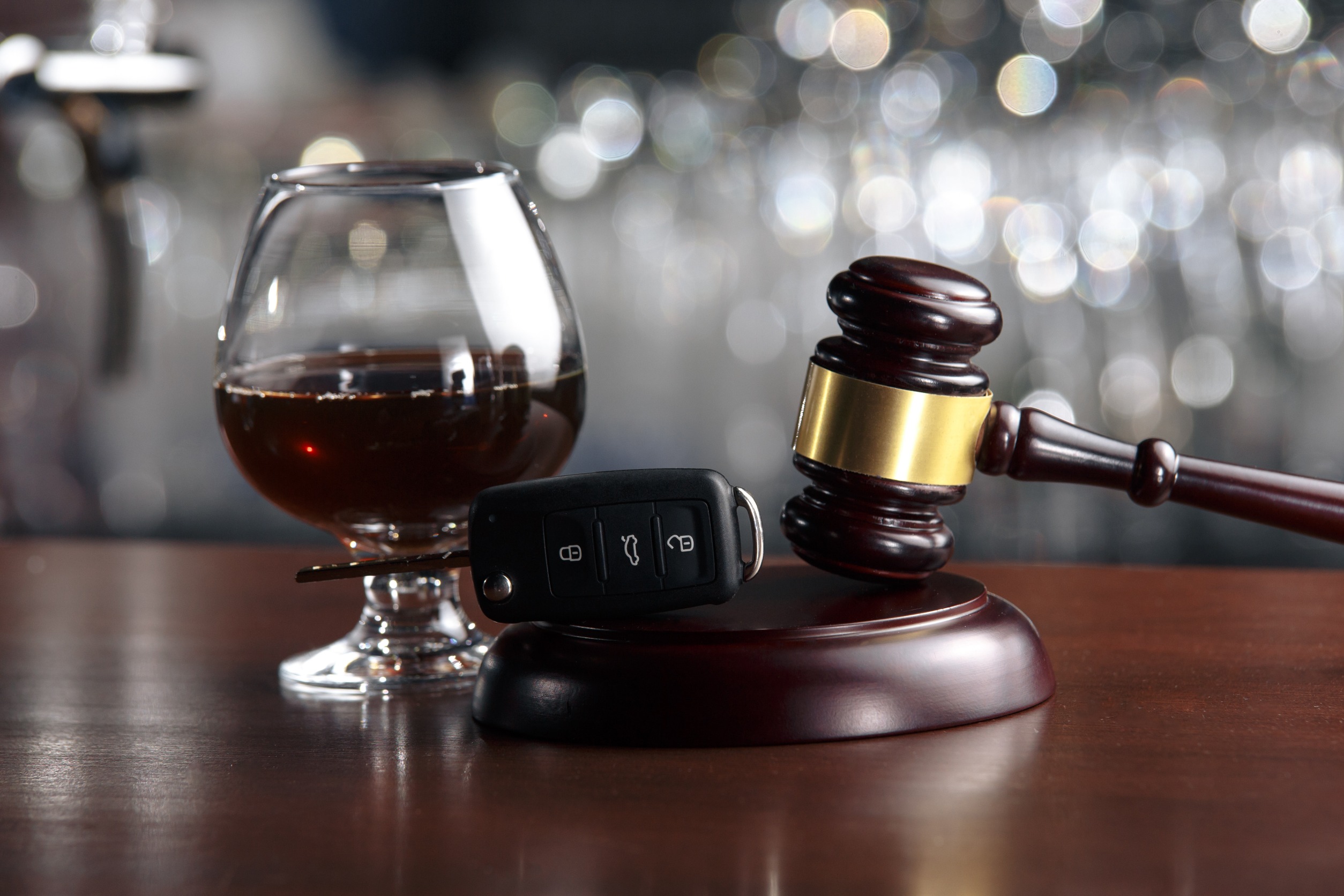Understanding DUI in Ohio: Laws, Consequences, and Prevention
Driving Under the Influence (DUI) is a serious offense in Ohio, as it is in most states across the United States. Being aware of Ohio’s DUI laws, its consequences, and preventative measures is essential for both residents and visitors.
Keep reading to find out more, including an overview of DUI laws in Ohio, the potential consequences of a DUI conviction, and steps you can take to prevent DUI incidents.
Ohio DUI Laws
In Ohio, DUI is commonly referred to as OVI, which stands for Operating a Vehicle Impaired. Ohio has strict laws in place to deter and punish individuals who operate vehicles while under the influence of alcohol or drugs. Here are some key points about Ohio’s OVI laws:
1. Blood Alcohol Concentration (BAC) Limits
For individuals 21 years and older, the legal limit for BAC is 0.08%.
For individuals under 21, there is a “zero tolerance” policy, with a legal limit of 0.02%.
Commercial drivers have a lower BAC limit of 0.04%.
2. Penalties for OVI Convictions
Penalties for OVI convictions in Ohio can vary depending on factors such as prior convictions and BAC level.
Consequences may include fines, license suspension, mandatory alcohol treatment programs, and even jail time for repeat offenders.
3. Administrative License Suspension (ALS)
If you refuse to take a chemical test (breathalyzer, blood, or urine) when requested by law enforcement, your license may be suspended immediately, even before a conviction.
4. Implied Consent
Ohio has an implied consent law, meaning that by obtaining a driver’s license, individuals agree to submit to chemical tests when suspected of OVI. Refusal can result in penalties.
5. Felony OVI
In cases involving multiple OVI convictions or certain aggravating factors, OVI can be charged as a felony, carrying more severe consequences.
Consequences of a DUI Conviction in Ohio
The consequences of a DUI conviction in Ohio can be life-altering. Here are some of the potential penalties:
License Suspension: Your driver’s license can be suspended for various durations, depending on the number of prior offenses and BAC levels.
Fines: DUI convictions often come with substantial fines, which can add a significant financial burden.
Ignition Interlock Device (IID): For some offenders, the court may require the installation of an IID, which prevents the vehicle from starting if alcohol is detected on the driver’s breath.
Probation: You may be placed on probation, requiring regular check-ins with a probation officer and adherence to specific conditions.
Mandatory Alcohol Education and Treatment: Completion of alcohol education or treatment programs may be required.
Criminal Record: A DUI conviction results in a criminal record, which can affect employment, housing, and other aspects of your life.
Preventing DUI Incidents in Ohio
Preventing DUI incidents is crucial for the safety of everyone on the road. Here are some proactive steps you can take:
1. Plan Ahead: If you plan to consume alcohol, arrange for a designated driver or use alternative transportation like a taxi or rideshare service.
2. Don’t Rely on Judgment: Alcohol impairs judgment, so it’s often difficult to accurately assess your level of impairment. If in doubt, don’t drive.
3. Avoid Peer Pressure: Don’t succumb to peer pressure to drive under the influence. Be responsible for your own safety and the safety of others.
4. Know Your Limits: Understand your personal tolerance for alcohol and stay within your limits.
5. Use Technology: Smartphone apps and services like Uber and Lyft make it easier than ever to find a safe ride home.
DUI/OVI is a serious offense in Ohio, with potentially life-changing consequences. Understanding the state’s DUI laws, the penalties for convictions, and how to prevent DUI incidents is essential for ensuring your safety and the safety of others on the road. Contact the experienced team at Mishak Law today if you or someone you know has been involved in a DUI incident.
Remember, choosing not to drink and drive is not only a legal obligation but also a moral responsibility that can save lives and protect your future.

